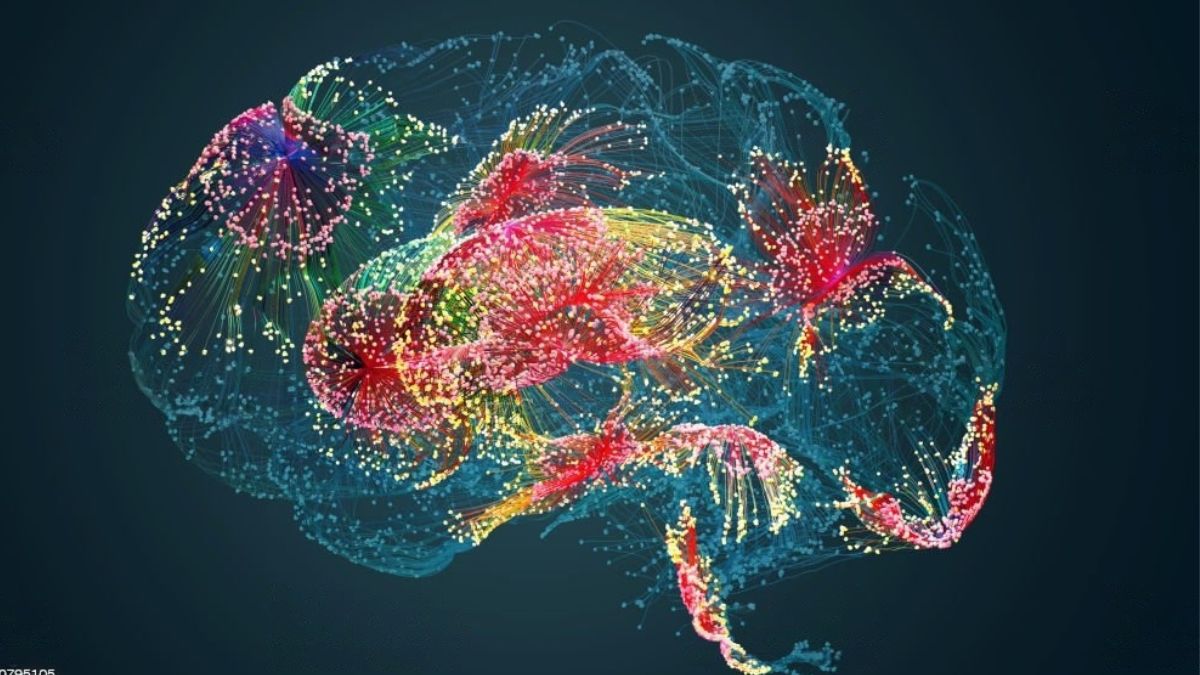Over time, psychology has expanded and diversified into many subfields. Psychobiology is a fascinating area that has just come into its own. Psychologists and biologists alike study the interplay between brain function and behavior as part of a psychobiology degree program. We’ll discuss why a degree in psychobiology isn’t pointless and why you should consider getting one.
1. Understanding Psychobiology
What is Psychobiology?
The study of the biological underpinnings of behavior, emotion, and cognition is the focus of the multidisciplinary area of psychobiology (also known as biopsychology or behavioral neuroscience). It looks at how the body’s brain and neurological system influence our mental states.
An undergraduate degree in psychology explores the scientific study of behavior and mental processes, providing a foundational understanding of human thought and actions.
The Interdisciplinary Nature of Psychobiology
Science fields such as biology, neurology, psychology, genetics, and pharmacology all contribute to the field of psychobiology. By drawing from a wide range of disciplines, scientists can better understand the nuances of human nature.
2. Pursuing a Psychobiology Degree
Curriculum and Coursework
Biology, chemistry, anatomy, physiology, psychology, and statistics are just few of the many disciplines covered in a typical psychobiology degree program. Learners dig deeply into the study of brain anatomy, neural networks, and neurotransmitters, among other topics.
Skills Developed in a Psychobiology Program
Students learn not only content knowledge, but also how to think critically, do research, analyze data, and solve problems, making them flexible professionals in a variety of fields.
3. Career Opportunities in Psychobiology
Research Scientist
To investigate the links between biology and behavior, many psychobiologists take up research scientist roles. Their findings help us grasp human thought and feeling in more depth.
Neuropsychologist
Neuropsychologists are trained to diagnose and treat patients with neurological diseases and brain injuries, and their expertise is important to the recovery process.
Biopsychologist
Through their research, biopsychologists want to illuminate the complex relationship between heredity and mental illness.
Behavioral Neuroscientist
The work of behavioral neuroscientists has important implications for the fields of neuroscience and mental health.
4. The Value of a Psychobiology Degree
Contributions to Understanding Human Behavior
Understanding the underlying biological factors that impact our actions and decisions is a key part of psychobiology’s role in elucidating the mysteries of human behavior.
Impact on Mental Health Research
Improvements in the treatment of mental health conditions are a direct result of advances in the study of psychobiology.
Advancements in Neurological Studies
The contributions of psychobiologists are crucial to the development of treatments for disorders of the brain and nervous system.
5. Debunking the “Useless” Myth
Transferable Skills
While some may assume a degree in psychobiology is “useless,” those with such a degree really possess valuable talents in other fields, such as critical thinking, research, and communication.
Flexibility in Career Paths
Outside of academia, graduates of psychobiology programs have several options in the fields of medicine, teaching, and business.
6. Perks of a Psychology Degree in Other Fields
Human Resources and Business Management
Graduates of psychobiology programs are highly sought after in the human resources and corporate management fields due to their unique perspective on human behavior.
Education and Social Services
Psychologists have a lot to offer the fields of education and social work because to their knowledge of how the brain works and how emotions are triggered.
7. Real-Life Success Stories
Renowned Psychobiologists
Famous psychobiologists who have contributed significantly to the discipline are profiled below.
Notable Achievements
Learn about the enormous impact psychobiologists have had on the field of research and the treatment of mental illness.
8. The Growing Demand for Psychobiologists
Addressing Mental Health Concerns
Opportunities for study and clinical treatments in the field of psychobiology are expanding as public understanding of mental health improves.
Opportunities in Academia and Industry
Graduates with a psychobiology degree can pursue careers in both academia and industry, where they can have an impact on the direction of neuroscience in the years to come.
Conclusion
In sum, learning about the biology behind the mind and behavior is really important. It’s far from being a waste of time, since it provides graduates with marketable skills and access to a wide range of lucrative job options. The role of psychobiologists in creating a better, more educated society is becoming increasingly important as the need for mental health research and treatment increases.
FAQs
Is a psychobiology degree only for those wanting a research career?
Contrary to popular belief, graduates in psychobiology programs are not limited to a single job route.
What is the typical duration of a psychobiology degree program?
Psychobiology degree programs can be completed in four years for a bachelor’s and more for a master’s or doctorate.
Can a psychobiologist work in clinical settings?
In order to aid in the diagnosis and treatment of neurological and psychological diseases, psychobiologists can indeed be used in therapeutic settings.
How does psychobiology contribute to advancements in medicine?
New medical interventions and therapies can be created thanks to the information provided by psychobiology on how the brain works.
What are some recommended minors to complement a psychobiology degree?
A psychobiology major can benefit by a minor in a related discipline, such as sociology, anthropology, or computer science.











